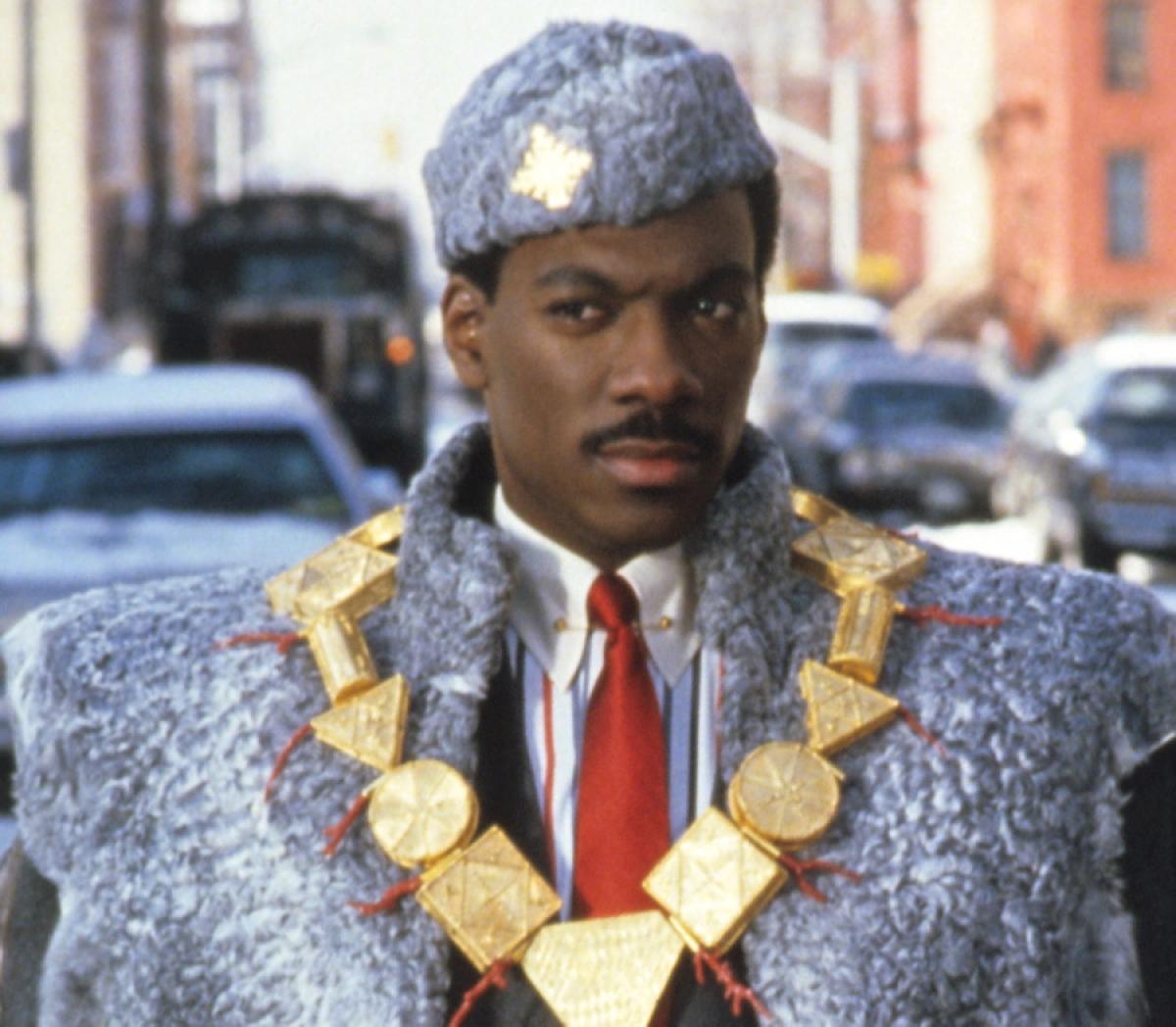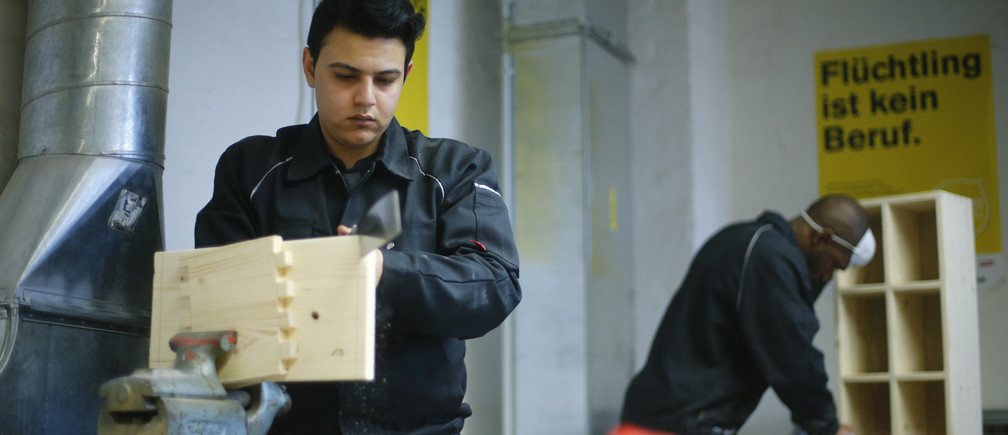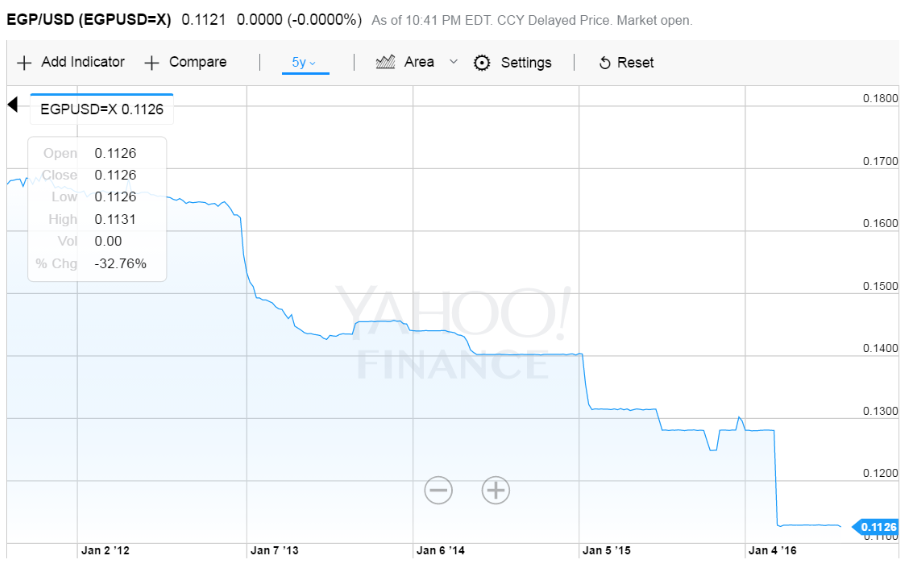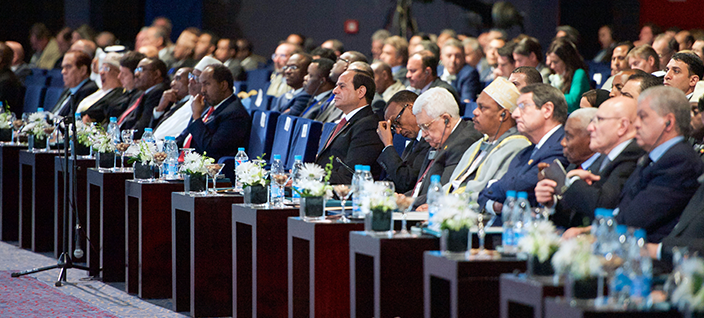Had to be done (actually surprised it hasn’t already):
Writing about the latest US elections like US media writes about African countries.

**COUNTRY CRISIS WATCH** [insert CNN “breaking news” type of jingle]
The US of A, a nation located in the center of the North American continent, is shaken by its latest electoral results, which threaten the weak racial equilibrium the nation has painstakingly built since the abolition of racial segregation, a mere half a century ago, thus heralding a fresh round of racial tensions and social instability.
Donald Trump, a local TV star and known megalomaniac who has repeatably admitted to sexual assault and is known for exotic hairdos and inexplicably poor vocabulary, has risen to unlikely prominence on the back of a populist wave, which saw him make unattainable promises to the large swathes of the population reeling from economic difficulties, blaming them on local minorities and foreign trade, vilifying millions citizens and insulting the country’s main trade partners in the process. His political (and general) ignorance – his ‘highest office’ has really been a gilded (and rather tasteless) office on the 26th floor of a building that has his name on it – did not seem to deter his voters; somehow they seemed to have liked that. Odd.
In parallel, Trump was supported by a media machine bankrolled by some of his tribal members and key supporters, which was successfully reaching the minds of some of the least educated segments of the population, preying on their economic and identitarian despair to support his political ambitions.
The Whayte tribe (also spelled White, or Ouayte), the largest in the country, has overwhelmingly put their support behind the candidate appealing to their tribal pride – some because of, and some despite, his hateful rhetoric, which has threatened to conduct race-based registration of minorities, and promised to “deport or incarcerate” up to three million residents who have sought refuge or opportunity in this nation, once an immigrant haven in the not-too-distant past. The opposing candidate, the first female nominee from a major party on the electoral ballot in the country’s young democratic history, failed to counteract her opponent’s tribalism. She barely obtained a third of the Whayte women’s support. She did, however, obtain nearly two million votes more than Mister Trump, but this – for strange local traditions which we expand on further – was NOT chosen president. Such a strange country that is.
The Blaak tribe (also spelled Black), once enslaved by their Whayte countrymen and effectively responsible for the country’s foundational economic success, has been engaged over the past year in a campaign to convince the majority Whayte that, surprisingly, their lives also matter, but the election’s result happens to unravel the few successes achieved.
It is key to underline that the US of A practices a strange brand of “democracy”, whereby the winner of the popular vote, the person chosen by a plurality of voters, was NOT – for the second time in this century, our newsroom has discovered – selected as president. This collegeocracy practiced in this exotic land means that, by the perversion of ancient laws they failed (or refused) to update from the Blaak enslavement era, the choice of the people will be, once again, ignored, in favour of the votes of what they refer to as an ‘electoral college’. This Electoral College does not even amount to an indirect democracy: it enshrines the concept that votes are not equal, with someone in the village of Wyoming ((population 592414, 3 college votes, thus 1 college vote = 197471 people) is worth, in effect, 3.6 times a person in the faraway lands of California (population 39,350,000, 55 college votes, thus 1 college vote = 715455 people). Perhaps even stranger is how little objection there is to this unfair system.
Already, thousands of race and religion-motivated attacks by Trump supporters and Whayte tribesmen and their supporters have taken place, attacking members of the Blaak tribe and the cross-ethnic religious group of Muzleems (also spelled Muslims), in the public space, and targeting their homes, offices, and places of worship, with public and private messages pledging additional violence and using vocabulary eerily reminiscent of Rwanda in the years leading to 1994.
There are more weapons in circulation in the fragile nation than there are people, with an estimated 357 million guns in circulation (end of 2013). Access to higher firepower is also surprisingly easy, with weapons fairs a peculiarity of this country, where people can purchase assault weapons on the spot with few checks.
We call upon the International Community to stand ready for intervention to protect the safety of minorities in the conflict-torn country.
**Updated 17 Nov**



